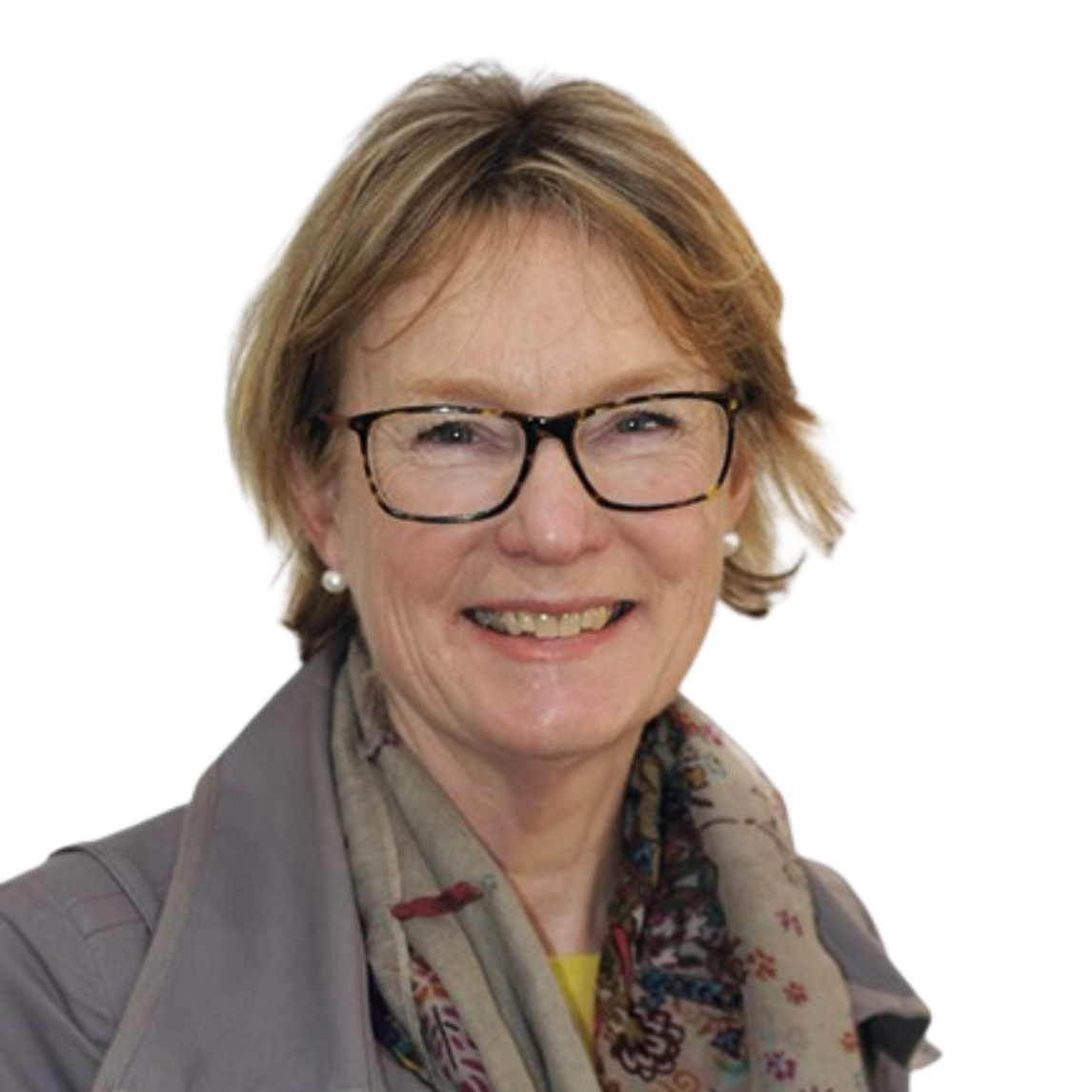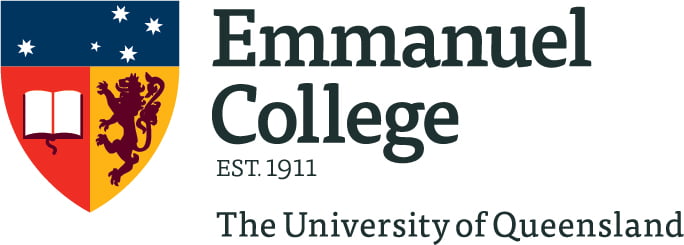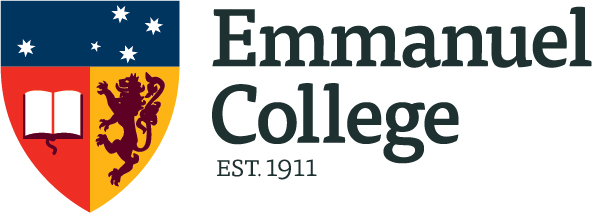“To be brutally honest—it was probably because it paid well,” says Dr Liz Bashford, reflecting on what first sparked her interest in studying medicine. “My family wasn’t well off and wouldn’t have been able to afford university if it hadn’t been for the free university education introduced by Gough Whitlam a couple of years before we started.”
With strong marks, a passion for science, and a love of working with people, medicine made sense. “There were six of us in my year at school who all went into medicine. It was almost like the done thing back then if you were doing well academically.”
Liz went on to specialise in anaesthesiology and has built a long and rewarding career. Though the challenges were real, she didn’t feel disadvantaged by her gender. “I felt like I was being treated equally to all the boys and was given the same opportunities.”
Instead, the main hurdle came with balancing work and life. “The biggest challenge with being a doctor is combining your professional and personal life. I think women still struggle with that—especially when you’re having children and trying to run a household. We all need “wives!” she laughs.
“That work-life balance is still an issue for women in medicine, but now they’re probably handling it better. I always felt that work came first and I tried to fit everything else around it. But I think now female doctors are prioritising their own lives more.”
Looking back on her time at Emmanuel College, Liz remembers a sense of fun and connection. “We were all in it together. There wasn’t an ‘us and them’ dynamic between the men and women. We were in the second year of co-residency at Emmanuel—the first year probably broke the ice a bit—but we had great male friends who were respectful. It was lovely.”
And the friendships formed at college were lasting and meaningful. “You had all these like-minded people who were equally excited about going to university and having a brand-new life,” she recalls. “We socialised a lot in those couple of years — we’d spend summer holidays together, visit each other’s places. A lot of students were from outback Queensland, so it was lovely to go back to their farms or properties and see that part of their lives as well.”
For young women considering a career in medicine, Liz’s advice is clear. “Just go for it. It’s a fantastic career—you can make of it what you want. There are so many different fields you can go into in medicine.”
But she’s also realistic about demands. “You really can’t do much unless you do another four or five years of study after your medical degree. I think they just need to be prepared and brace themselves for all that study. I’ve really enjoyed every moment of it—well, maybe not every single moment,” she laughs,
“But I’m very, very happy that I did it.”
In 2025 Emmanuel College is celebrating 50 years since women were admitted to the College. If you know of an inspirational female-identifying alumnus, please don’t hesitate to get in touch with us at alumni@emmanuel.uq.edu.au.


